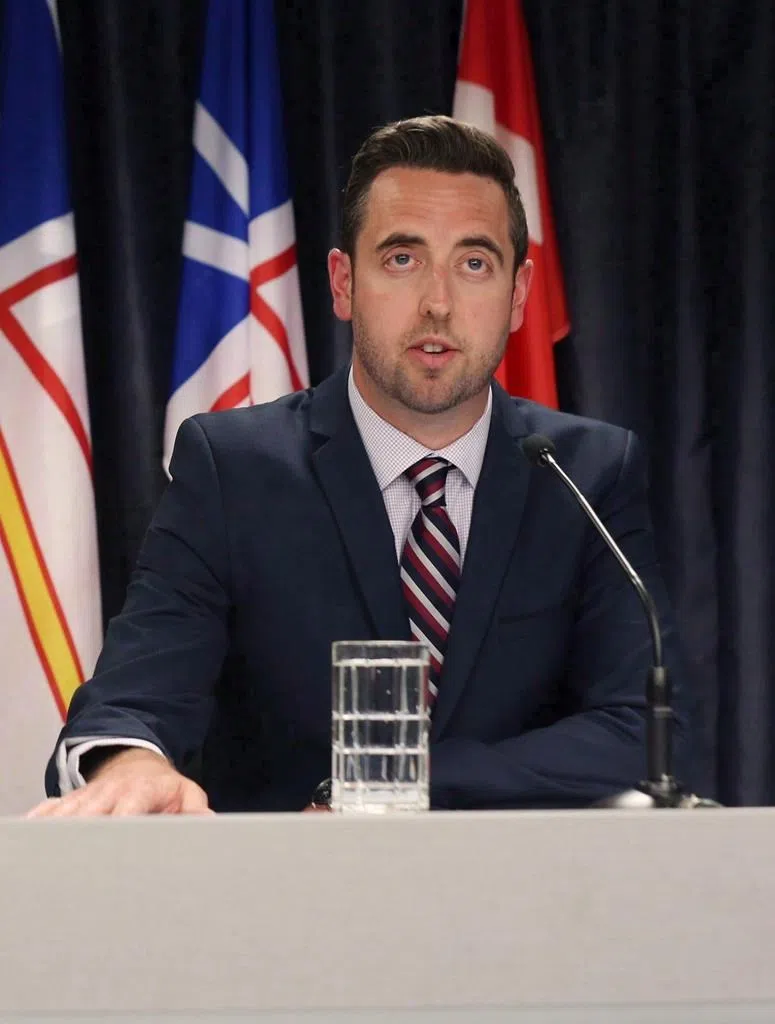
Newfoundland and Labrador undertaking reconciliation initiatives
CORNER BROOK, N.L. — Newfoundland and Labrador has announced a partnership to send Indigenous students to the University of Saskatchewan’s law school, as the easternmost province undertakes reconciliation initiatives.
Justice Minister Andrew Parsons announced the law-school initiative in Corner Brook, at the province’s second annual Indigenous leaders roundtable Friday.
As of the fall of 2019, the Saskatchewan law school will reserve two spots for Indigenous students from Newfoundland and Labrador.
The eastern province then guarantees them paid articling positions in the Department of Justice and Public Safety upon graduation.
